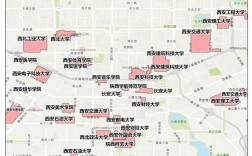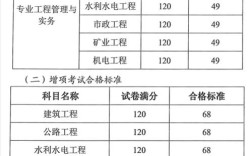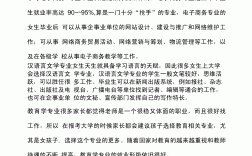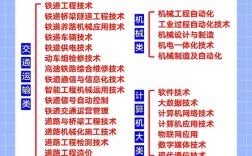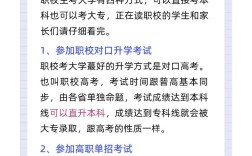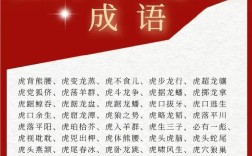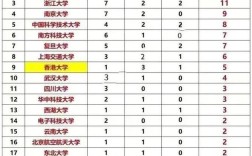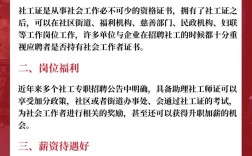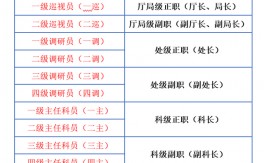考六級要帶什么
參加英語六級考試(CET-6)時,你需要準備以下物品:
1. 準考證:這是證明你報名考試的重要文件,通常在考試前一段時間可以打印。
2. 身份證:用于驗證你的身份,確保你是考試的合法考生。
3. 2B鉛筆:用于涂答題卡。
4. 橡皮:用于擦除涂錯的答題卡。
5. 黑色簽字筆:用于寫作部分的書寫。
6. 聽力耳機:部分考場可能需要自備,用于聽力考試。
7. 備用電池:如果你的聽力耳機需要電池,記得帶上備用的。
8. 手表:有些考場可能不允許帶電子設備,所以帶上一個簡單的手表來掌握時間。
9. 水:考試時間較長,可以帶一瓶水,但注意不要喝太多,以免頻繁去洗手間。
10. 紙巾:以備不時之需。
考試前,務必檢查所有物品是否準備齊全,并且確保耳機等電子設備能夠正常工作。也要熟悉考試流程和規則,確保考試當天能夠順利進行。祝你考試順利!
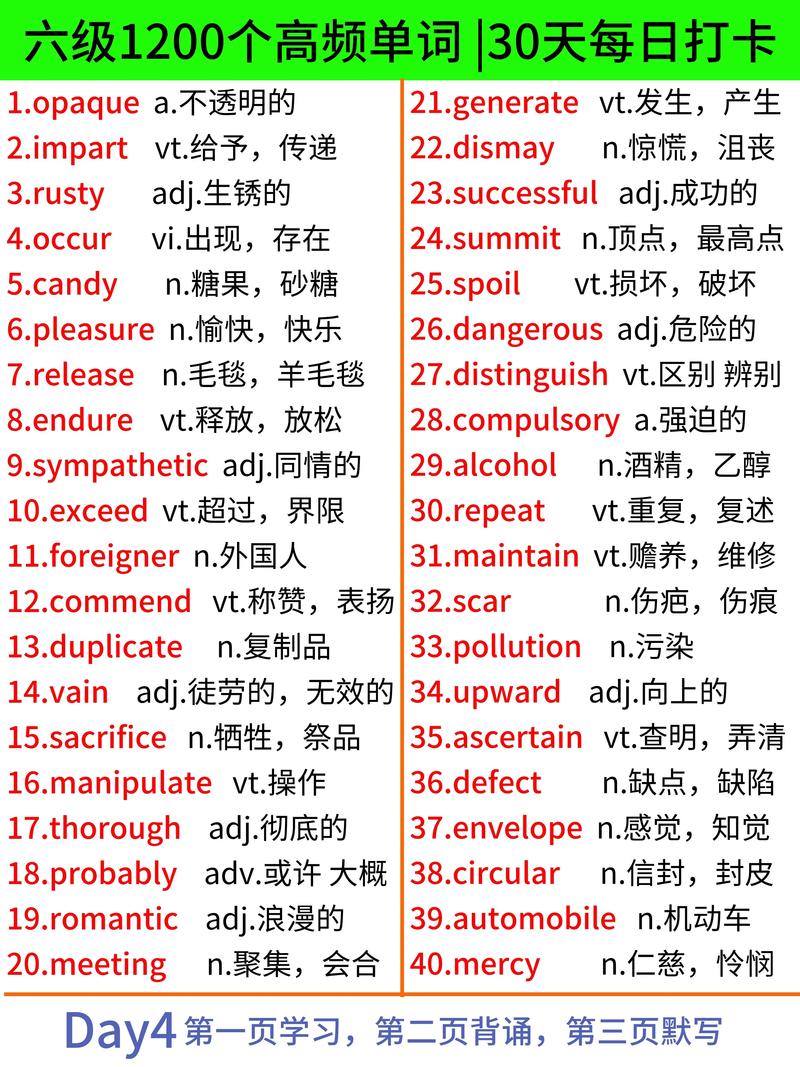
六級作文句型萬能模板
英語六級考試的作文部分要求考生能夠寫出結構清晰、語言流暢的文章。以下是一些常用的句型模板,可以幫助你構建作文的框架:
1. 引言段落
- Nowadays, with the rapid development of society, [話題] has drawn widespread attention.
- It is universally acknowledged that [話題] plays a significant role in our daily lives.
2. 表達觀點
- In my opinion, [觀點].
- From my perspective, [觀點] is of great importance.
3. 原因分析
- There are several reasons why [現象] occurs.
- The reasons for [現象] are as follows: First, [原因一]. Second, [原因二]. Last but not least, [原因三].
4. 舉例說明
- For instance, [例子].
- A case in point is [例子].
5. 對比和比較
- On the one hand, [觀點一]. On the other hand, [觀點二].
- Compared with [比較對象], [被比較對象] has its own advantages and disadvantages.
6. 列舉
- Firstly, [點一]. Secondly, [點二]. Lastly, [點三].
- In addition to [點一], [點二] is also worth mentioning.
7. 強調
- It cannot be emphasized too much that [觀點].
- Undoubtedly, [觀點] is of utmost importance.
8. 結論段落
- In conclusion, [總結觀點].
- To sum up, [總結觀點], and it is hoped that [期望或建議].
9. 提出建議
- It is suggested that [建議].
- It is advisable for [對象] to [建議].
10. 預測未來
- It is predicted that [預測].
- The future of [話題] is promising if [條件].
11. 引用名人名言
- As [名人] once said, "[名言]."
- The words of [名人], "[名言]," still ring true today.
12. 表達不同觀點
- Some people argue that [觀點一], while others believe that [觀點二].
- There is a debate between those who think [觀點一] and those who believe [觀點二].
這些模板可以幫助你快速組織文章結構,但記住,作文的關鍵在于內容的深度和語言的準確性。在考試中,確保你的文章緊扣主題,邏輯清晰,并且使用恰當的詞匯和語法結構。
報考六級的條件
全國大學英語六級考試(CET-6)的報名條件通常包括以下幾點:
1. 考生必須是全日制普通高等院校的在校本科生或在籍研究生。
2. 考生必須已經修完大學英語六級課程。
3. 考生的CET-4(大學英語四級考試)成績必須達到425分及以上。
一些學校可能會有自己的特定規定,例如,一些學校可能允許大一學生報考,而有些學校可能要求學生先完成一定的英語課程學習。具體的報名時間和流程,考生需要關注自己所在學校的教務處或相關考試管理部門發布的最新通知。
CET-6的筆試將于12月14日舉行,而口試則安排在11月24日。報名時間通常在9月中下旬,具體時間需要并在規定時間內完成網上繳費。報名成功后,考生需要在規定的時間內打印準考證,參加考試。
以上信息可能會有變動,考生應以官方發布的最新通知為準。

 微信掃一掃打賞
微信掃一掃打賞
